| EV only companies grabbing share, profits from franchised dealers, but how much? |
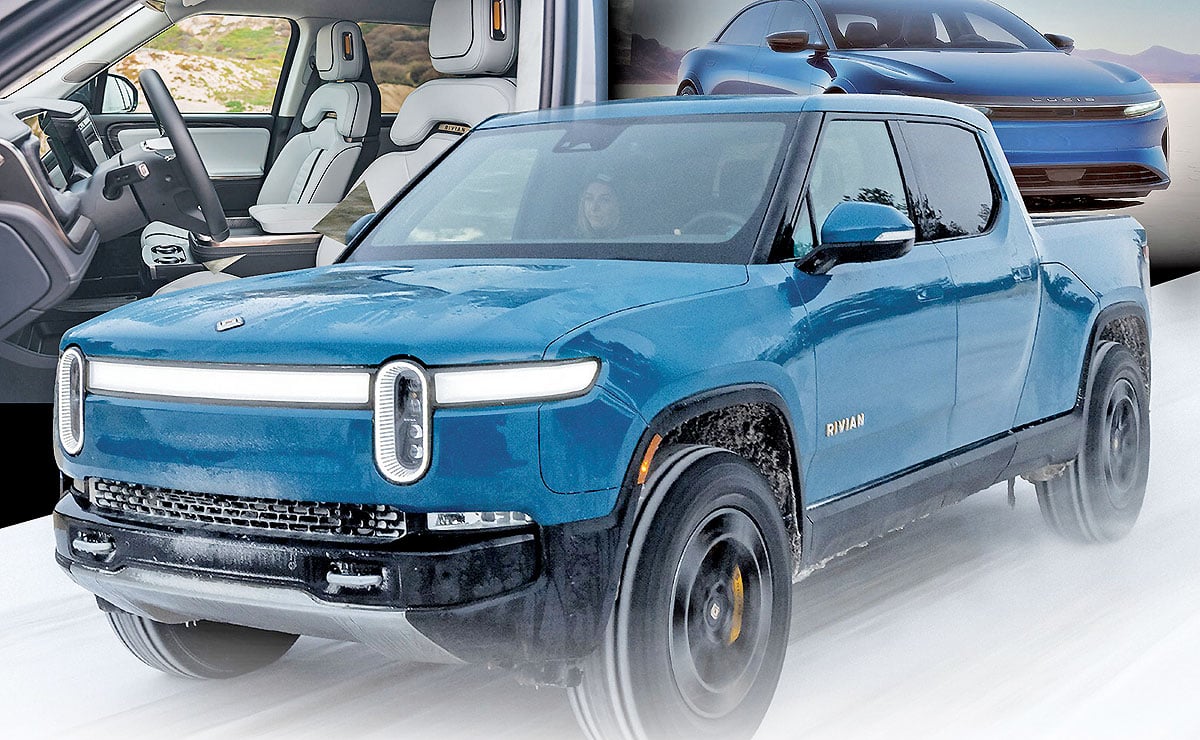
At first glance, the numbers Automotive News reporter Hannah Lutz highlights in her report on electric vehicle makers disrupting franchised dealers in California and a handful of other states are startling.
Dealers, who once had a hand in every new light-vehicle sale in California, have lost nearly 12 percent of the market to Tesla, Rivian and Lucid, companies that sell directly to consumers.
The average California dealer lost about $700,000 in gross profit opportunity last year. The market erosion for dealers is spreading to Colorado, Washington and other states that follow many of the Golden State’s environmental and motor vehicle policies.
While Tesla and other EV startups have capitalized on the direct sales model, it’s unclear how far that can go. That top line may represent Tesla’s success and a dearth of compelling EVs from legacy automakers, something that’s about to change with the rollout of dozens of new models in the coming years.
Then there’s the lack of capital issue.
Automotive News reporter Molly Boigon details in her story about startup cash burn rates so high that Tesla could be the only survivor. Rivian, Lucid and others are gobbling up cash at alarming rates and will soon need more money. Remember Lordstown Motors and its Endurance pickup? It is warning of a possible bankruptcy. Faraday Future has about one month of cash in the bank.
These companies have found that starting an auto company is not simple. Franchise dealers will continue to see Tesla make sales, but it might turn out to be the only lasting challenger to their century-old sales model.
 |
|---|
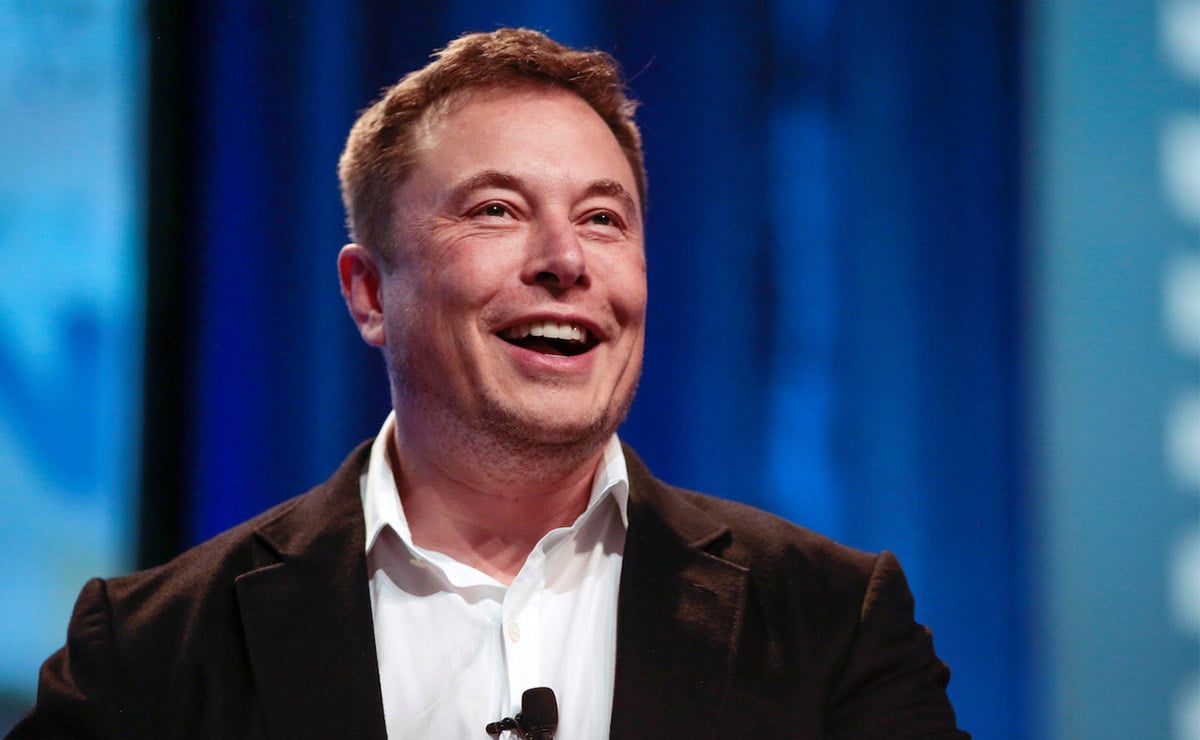
“As we look ahead a few years, a fundamental chokepoint in the advancement of electric vehicles is the availability of battery-grade lithium.” |
— TESLA CEO ELON MUSK AT THE GROUNDBREAKING CEREMONY FOR A LITHIUM REFINERY IN TEXAS THAT WILL BE THE LARGEST NORTH AMERICAN PROCESSOR OF THE MATERIAL |
|
From “Elon Musk and Tesla break ground on massive Texas lithium refinery” |
 |
|---|
In Monday’s Automotive News:
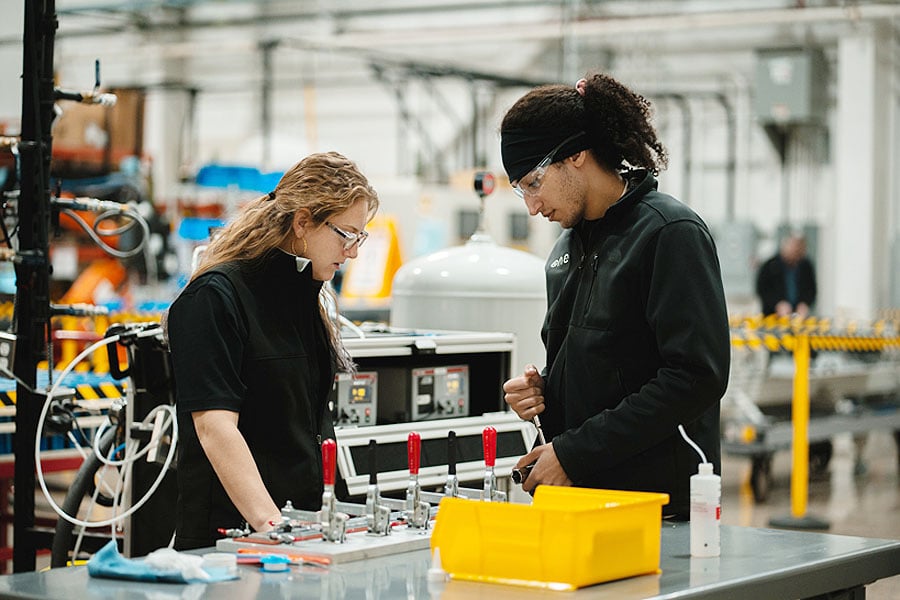
Could two batteries be the answer for extending EV range? Our Next Energy CEO Mujeeb Ijaz thinks he may have the answer to creating the range buyers want without massively increasing vehicle cost and weight. The Michigan battery startup, which sells conventional batteries to commercial EV manufacturers, has secured funding to pursue development of a dual-battery strategy it’s calling Gemini. The plan would leverage different battery chemistries to lower cost, increase safety and provide a 600-mile range on a single charge. Automotive News takes a look.
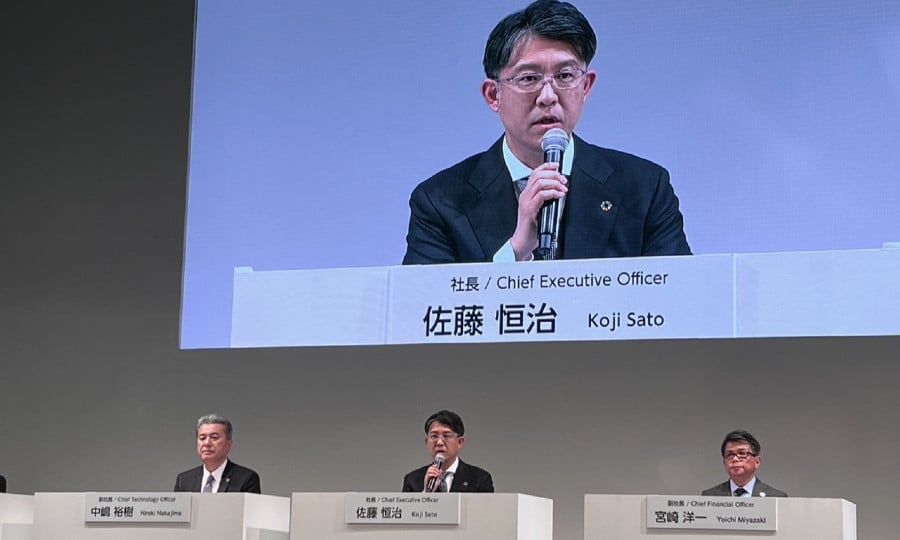
Toyota forecasts record production, sales and profit this year: The company’s production plans hit some snags in 2022 because of lingering semiconductor shortages and pandemic woes. But CEO Koji Sato has set an ambitious course for expansion this year. The company is projecting production rates hitting an all-time high, resulting in record global sales and profits. While Toyota’s outlook is strong, Automotive News explores the ground the automaker must make up in the EV race, and some aggressive new competitors from Silicon Valley and China.
Weekend headlines
U.S. demands recall of 67 million airbag inflators: NHTSA is demanding the recall of 67 million airbag inflators because it believes there is a safety defect, but auto supplier ARC Automotive rejected the U.S. regulator’s request.
Luminar CEO acquires majority stake in Forbes magazine: Auto tech billionaire Austin Russell, 28, plans to serve as a visionary for the Forbes brand and won’t be involved in day-to-day operations.
 |
|---|
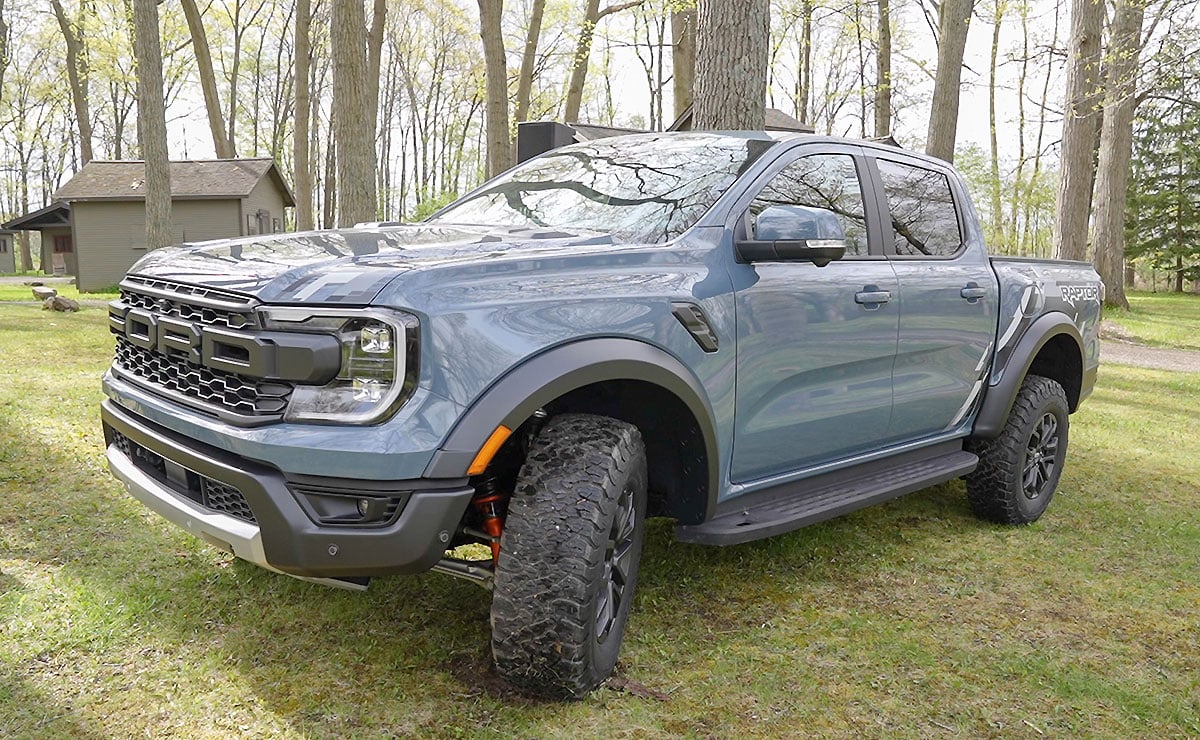
Redesigned Ford Ranger, with new Raptor variant: Ford is redesigning the Ranger and adding a Raptor performance variant to the midsize pickup for the first time in North America. The move is intended to keep pace in an increasingly competitive segment with one of its most popular global nameplates. The 2024 Ranger is scheduled to reach dealerships this summer.
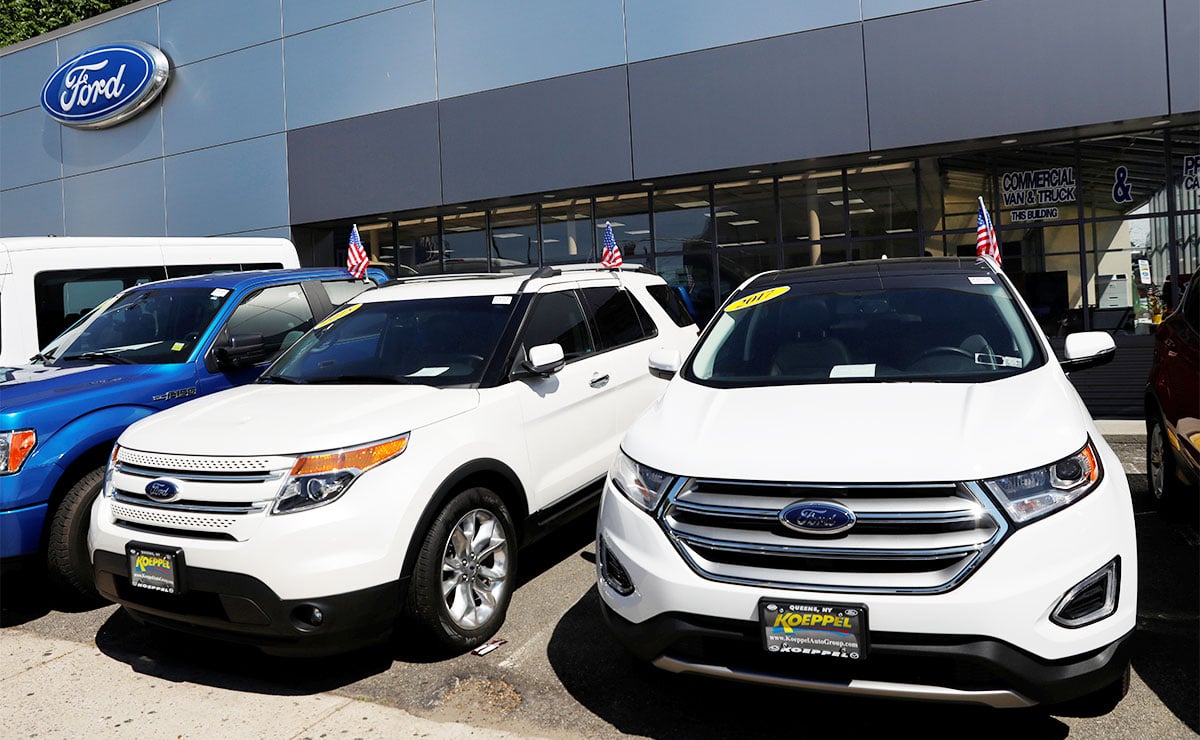
Vehicle sales per dealership down in 2022, NADA says: New-car inventory rose in 2022, but the average number of new vehicles sold per dealership fell, according to the National Automobile Dealers Association’s 2022 NADA Data report issued in April. With less-constrained inventory, NADA Chief Economist Patrick Manzi expects an increase in sales in 2023.
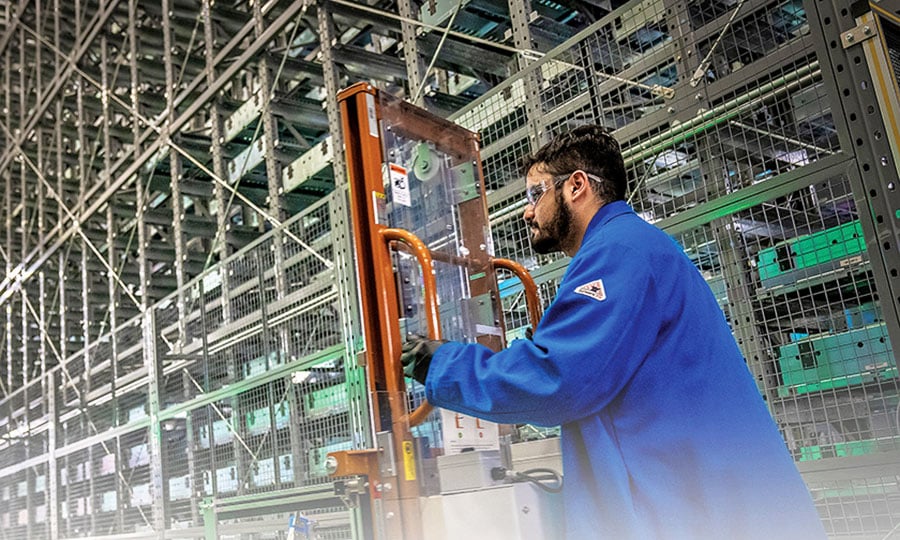
UAW workers on strike at Clarios battery plant: Workers at a Clarios vehicle battery plant in Holland, Ohio, began striking last week after voting down a contract proposal. The plant near Toledo has about 650 employees and produces 125,000 to 150,000 batteries a week for Ford and General Motors. Clarios is a leading global producer of low-voltage batteries for a range of vehicles, with 18 plants and more than 5,800 employees in the U.S.
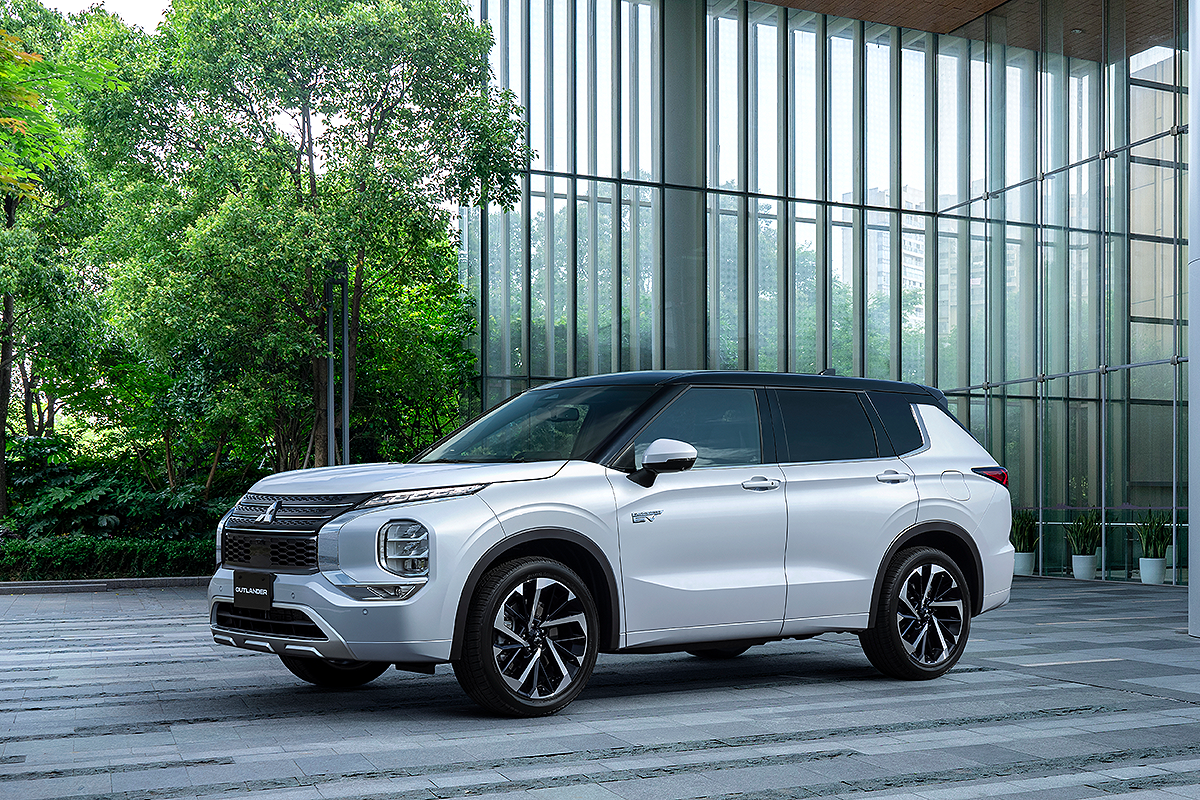
Rebounding Mitsubishi expects North American profitability to surge: Mitsubishi expects North American profitability to soar in the coming year on lower incentives, better foreign exchange rates and robust sales of the Outlander plug-in hybrid crossover. That upbeat outlook will help offset crumbling business in China and Europe.
 |
|---|
 |
|---|
 |
|---|
May 19, 2015: Takata acknowledges that its airbag inflators in nearly 34 million vehicles are defective, which prompts one of the largest recalls for a safety defect in U.S. history.
